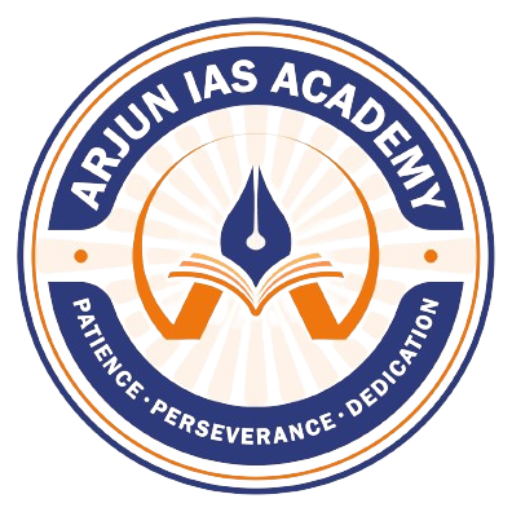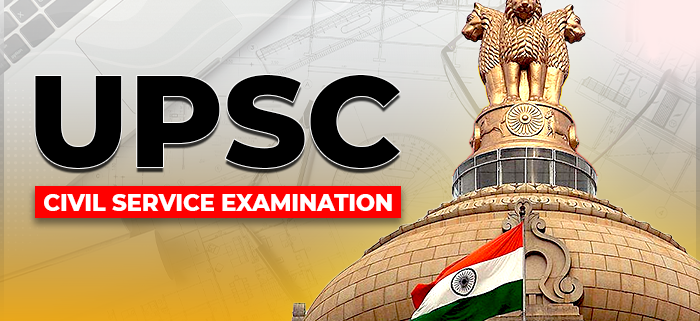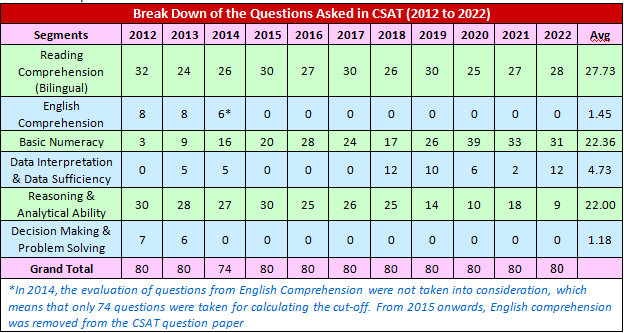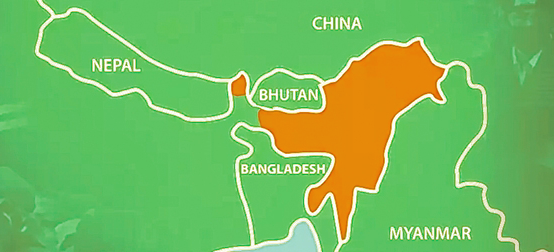
As of my last knowledge update in September 2021, I do not have specific information about the University Grants Commission (UGC) in India introducing measures to ease peer pressure on research scholars. However, it’s essential to understand that the UGC regularly updates its policies and guidelines to improve the quality of higher education and research in India.
To address peer pressure or related issues faced by research scholars, institutions and policymakers may consider various strategies, although these strategies may not be specific UGC initiatives:
- Mentorship Programs: Institutions can establish mentorship programs to provide guidance and support to research scholars. A strong mentorship system can help alleviate the stress and pressure often associated with research.
- Work-Life Balance: Encouraging a healthy work-life balance for research scholars can be crucial. Institutes may introduce policies that promote well-being, reduce burnout, and offer flexible research schedules.
- Research Support Services: Providing research support services, including statistical analysis, data management, and writing assistance, can help scholars meet their research goals more comfortably.
- Collaborative Research: Encouraging collaborative research projects can reduce the isolation that some research scholars experience and create a supportive research community.
- Mental Health Support: Offering mental health services and counseling to research scholars can help them manage stress and anxiety.
- Publication and Presentation Guidance: Institutions can provide guidance on the publication process and presentation skills, reducing the pressure to publish.
- Transparent Evaluation: Ensuring that the evaluation and assessment processes for research scholars are transparent and fair can reduce undue pressure.
Please note that the UGC or specific universities may have introduced new policies or initiatives since my last update in 2021. To obtain the most current information on any measures taken by the UGC or specific universities to ease peer pressure on research scholars, I recommend checking the UGC’s official website, as well as the websites of individual universities and research institutions in India. Additionally, staying informed about educational news and policy updates in India is essential to understand any recent developments in this area.



